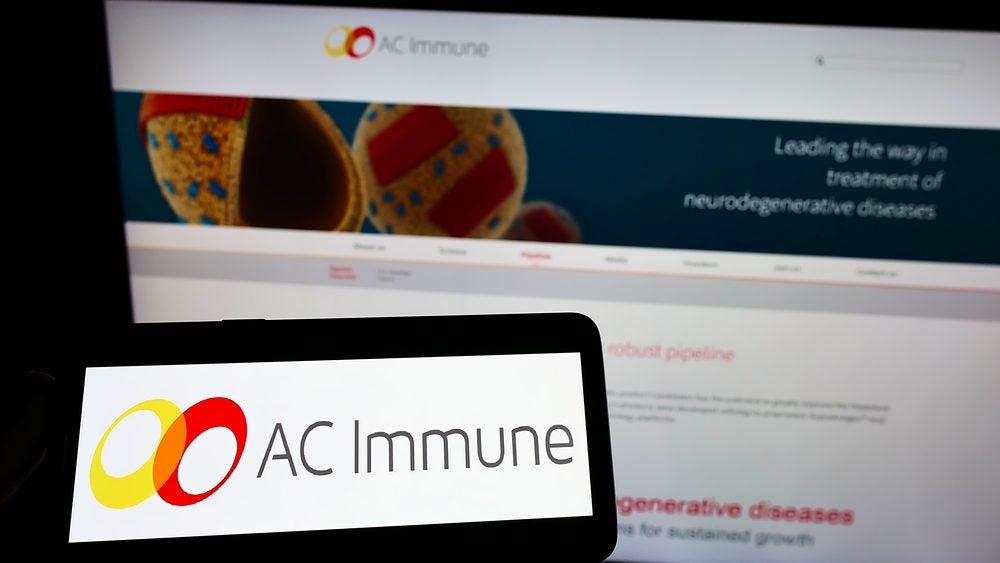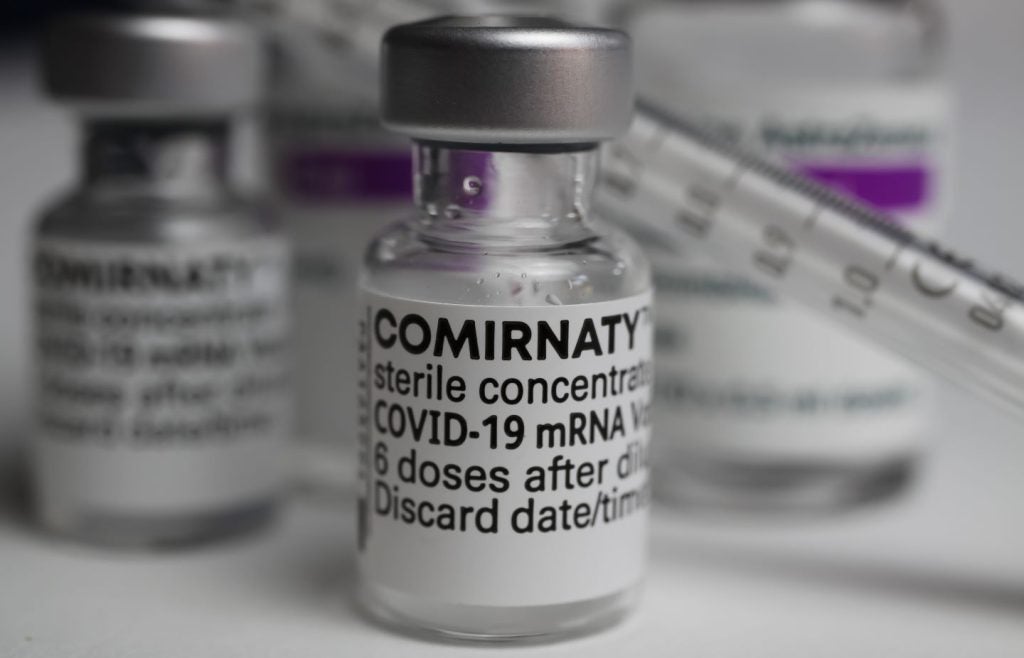Incobotulinumtoxin A is under clinical development by Merz Pharma GmbH & Co and currently in Phase II for Peripheral Neuropathic Pain. According to GlobalData, Phase II drugs for Peripheral Neuropathic Pain have a 19% phase transition success rate (PTSR) indication benchmark for progressing into Phase III. GlobalData’s report assesses how Incobotulinumtoxin A’s drug-specific PTSR and Likelihood of Approval (LoA) scores compare to the indication benchmarks. Buy the report here.
GlobalData tracks drug-specific phase transition and likelihood of approval scores, in addition to indication benchmarks based off 18 years of historical drug development data. Attributes of the drug, company and its clinical trials play a fundamental role in drug-specific PTSR and likelihood of approval.
Incobotulinumtoxin A overview
Incobotulinumtoxin A (Xeomin/Xeomeen/Bocouture) belongs to musculoskeletal system agent. Incobotulinumtoxin A the active ingredient in the formulation is botulinum toxin type A produced from fermentation of Hall strain. It is formulated as lyophilized powder for solution for intramuscular route of administration. Incobotulinumtoxin A is indicated for the treatment of adults with cervical dystonia to decrease the severity of abnormal head position and neck pain in both botulinum toxin-naïve and previously treated patients and for the treatment of adults with blepharospasm who were previously treated with onabotulinumtoxinA (Botox). It is indicated for the treatment of upper limb spasticity and also indicated for the treatment of upper limb spasticity in pediatric patients 2 to 17 years of age, excluding spasticity caused by cerebral palsy. It is indicated for the treatment of chronic sialorrhea in adults and children and pediatric spasticity of the upper and lower limb in children.
It is under development for the treatment of prevention of hypersalivation, atrial fibrillation (AF) after cardiac surgery, improvement of calf muscle hypertrophy, essential tremor of the upper limb, upper limb spasticity, hemifacial spasm and lower limb spasticity. The drug candidate is also under development for the treatment of degenerative rotator cuff disease and androgenic alopecia.
The drug candidate was also under development for treatment of snoring, notalgia paresthetica, brachial plexus neuritis, lateral epicondylitis, rosacea, focal cancer pain, foot dystonia in parkinson disease, trigeminal neuralgia, restless leg syndrome and spastic equine and equinovarus foot deformation in pediatric cerebral palsy, enlarged pores and excessive sebum production in the face and paratonic rigidity in people with advanced cognitive impairment. It is administered through intramuscular, intradermal and subcutaneous routes.
Merz Pharma GmbH & Co overview
Merz Pharma GmbH & Co (Merz) develops aesthetics for body and skin care and neurotoxins to treat neurological diseases. The company operates through aesthetics, therapeutics, and consumer care divisions. It offers dermal fillers, skin tightening and lifting devices, ointments, tablets, injectables, and nutritional supplements. Merz is also investigating therapies to treat adult lower-limb spasticity, sialorrhea, pediatric spasticity associated with cerebral palsy, and other neurological diseases. The company has operations in Asia Pacific, Europe, the Middle East, North and Latin America. Merz is headquartered in Frankfurt, Hesse, Germany.
For a complete picture of Incobotulinumtoxin A’s drug-specific PTSR and LoA scores, buy the report here.
Data Insights
From

The gold standard of business intelligence.
Blending expert knowledge with cutting-edge technology, GlobalData’s unrivalled proprietary data will enable you to decode what’s happening in your market. You can make better informed decisions and gain a future-proof advantage over your competitors.







